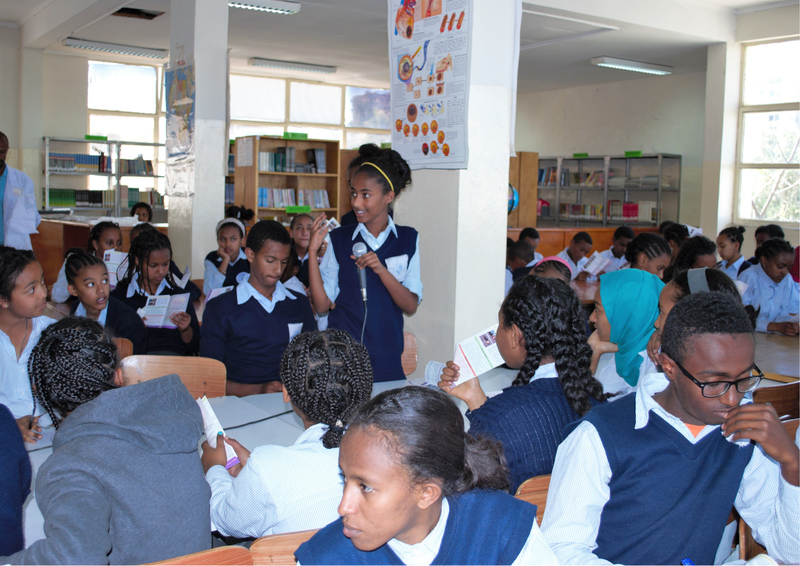Program Activity 2 - Awareness Raising Initiatives

Insufficient awareness about epilepsy and its origins contributes to social stigma, exclusion, and discrimination against individuals with epilepsy across various societal levels, such as workplaces, schools, and communities. Addressing this issue requires an intensified focus on epilepsy education within the community.
Our program is a key initiative that the epilepsy community will use to drive the implementation of the World Health Organization’s [WHO] 10-year Intersectoral Global Action Plan on Epilepsy and other Neurological Disorders (2022-2031) or IGAP.
IGAP is a ten-year roadmap that contains a specific strategic objective to strengthen the public health approach to epilepsy and two global targets aiming to close the major treatment and inclusion gaps for people with epilepsy worldwide:
Global target 5.2: 80% of countries will have developed or updated their legislation with a view to promoting and protecting the human rights of people with epilepsy by 2031.
These topics aim to cover a broad spectrum, ensuring a holistic approach to epilepsy care, from medical aspects to psychosocial support, and it will also addresses the interconnected challenges of epilepsy, malaria, HIV, TB, maternal care, and birth injuries.
awareness campaigns targeting
- schools within Yeka sub-city.
- Utilize diverse media channels such as TV, radio, and social media platforms (Facebook, Twitter, Instagram, TikTok, blogs, etc.), engaging all partner organizations, to promote and raise awareness about National Epilepsy Week, fostering a widespread dialogue on epilepsy-related issues.
- a symbolic walk to mark the conclusion of the National Epilepsy Week program and as part of the global #50MillionSteps challenge walk to raise awareness about epilepsy one step at a time.
- Celebrate International Epilepsy Day (International Epilepsy Day is an initiative that unites people from around the world to raise awareness about epilepsy and its impact on individuals and communities.) by Hosting a
- press conference
- hosting a half day conference
- people with epilepsy and those who care for them to share their Epilepsy Journey.